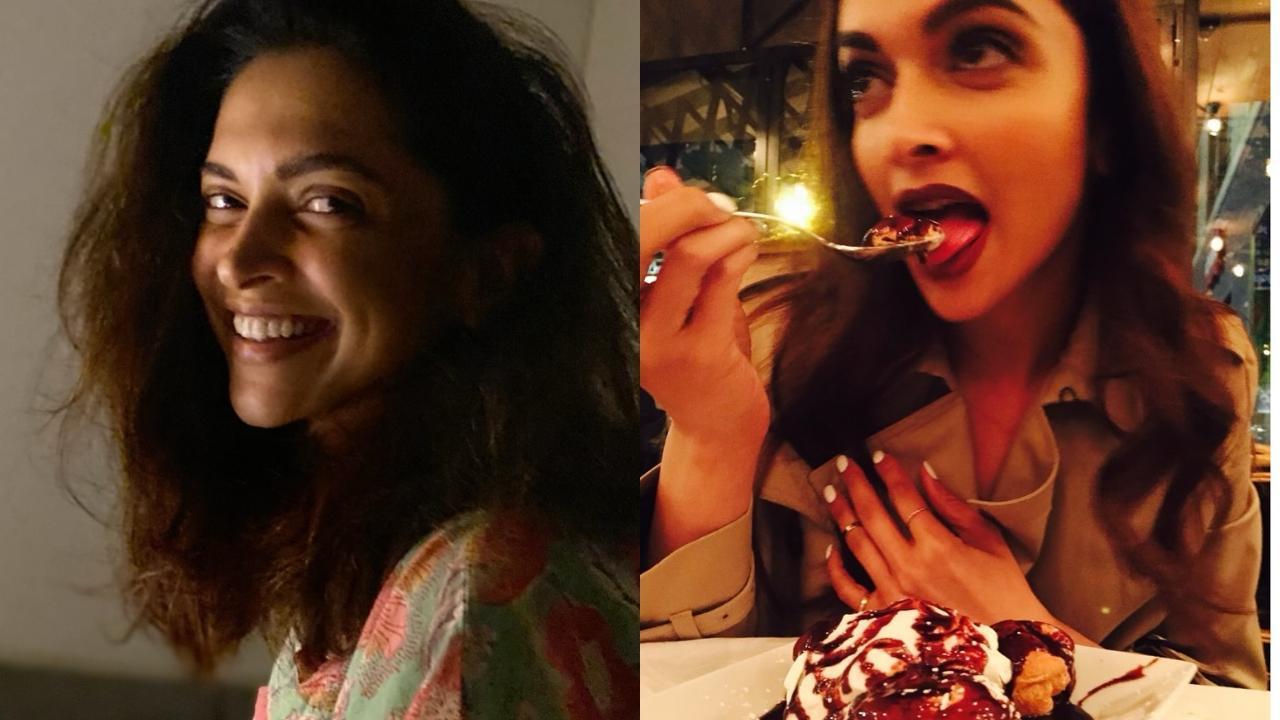
The vast, scorching desert of 1980s New Mexico serves as the dystopian stage for ‘Love Lies Bleeding’, a compelling drama that weaves the lives of Lou (Kristen Stewart), a gym manager with secrets quieter than her surroundings, and Jackie (Katy O’Brian), a determined bodybuilder chasing the ghost of glory on a treacherous path paved by steroid-fueled dreams. In Rose Glass’s second directorial feat after her chilling debut ‘Saint Maud’, we are escorted through a tale steeped in sinew, sin, and a search for salvation that refuses to give the audience a moment’s respite.
The film unfolds its narrative within a close-knit community where the oppressive heat of the desert is nothing compared to the smoldering intensity of the characters’ inner turmoils. Kristen Stewart delivers a staggering performance as Lou, masterfully portraying the complexities of her character through nuanced fragility intermingled with a potent brooding essence. Stewart demonstrates yet again why she is considered one of the most talented and adaptable actors of her generation, guiding us through Lou’s disjointed reality with a mesmerizing stagger in her speech and actions.
Opposite Stewart, Katy O’Brian’s portrayal of Jackie is nothing short of electrifying. Jackie’s struggle reaches far beyond the physical pain of her workouts; she is captivating in her descent into obsession, effectively portraying the grotesque consequences of extreme body modification and psychological distortion. Her relationship with Lou, filled with uncertainty and visceral passion, propels both characters into unforeseen depths.
The film’s visual storytelling is a tribute to Glass’s vision and finesse. Ben Fordesman’s cinematography is both intimate and intrusive, intertwining saturated close-ups of pulsating muscles with shadows that skirt around the edges of each frame. The editing talents of Mark Towns amplify the haunting and visceral quality of the film, creating a pace that keeps viewers on the edge of their seats, while composer Clint Mansell’s use of synths injects an auditory eeriness to the unfolding madness.
It is within Rose Glass’s bold choice of imagery and themes where the film’s true triumph lies. Unshakably gay and replete with unfiltered references to queer culture, Glass doesn’t shy away from the rawest elements of the LGBTQ+ experience; the film rebounds with the vitality of overt sexuality and rebellion against the normative constraints of its era. Stewart’s lingering gazes and the passionate scenes underscore the heart of a narrative that celebrates queer love without cliche or apology.
The thematic resonance of “Love Lies Bleeding” with Glass’s previous chilling projects is unmistakable. The film brilliantly illustrates the familiar mantra of “no pain, no gain” in Jackie’s quest for physical supremacy, echoing the director’s penchant for exploring the intersection of suffering and ecstasy. Glass’s expertise lies in her ability to render the grotesque as something close to divine, crafting scenes and dialogues that possess viewers with their shocking intensity.
The movie builds toward an explosive and disturbing climax featuring a depraved Ed Harris as a pseudo-religious zealot, which culminates in an iconic, if not ambiguously joyous, departure into the wilderness akin to the legendary duo Thelma and Louise. This final sequence encapsulates the film’s ethos, merging the horror of body mutilation with the liberation of queer identity.
‘Love Lies Bleeding’, already celebrated under the prestigious A24 banner, surprises audiences with its genre-defying structure, blending romance and thriller with elements of body horror that stamp Rose Glass’s mark as a vanguard of contemporary horror cinema. The film is a testament to her unique artistic sensibility and resilience in delivering narratives that viscerally confront normativity and embrace the visceral aspects of existence.
Currently screening across theaters worldwide, ‘Love Lies Bleeding’ is an intoxicating experience that merges retro charm with modern audacity – a cinematic gem that both horrifies and delights, leaving a lasting impact well after the credits roll.










